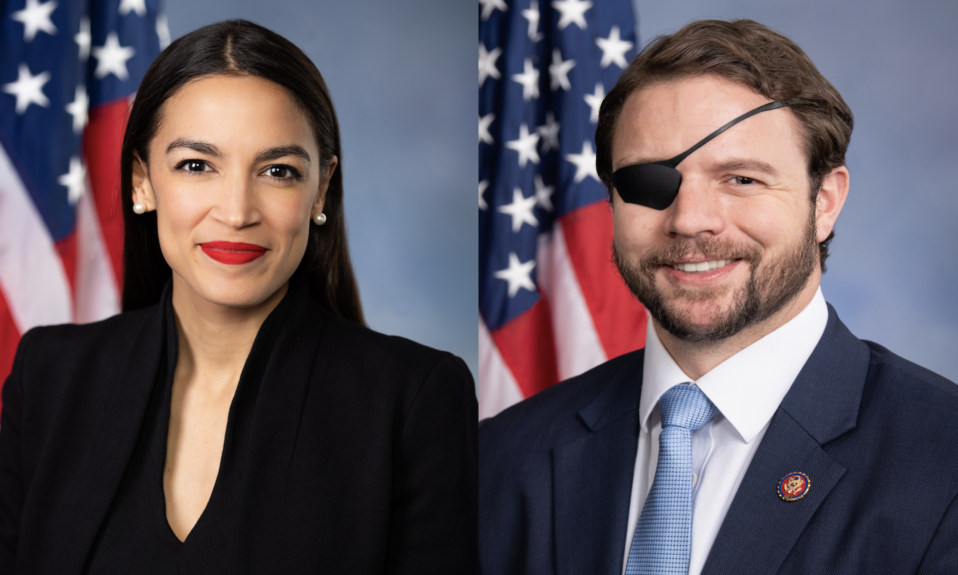Johns Hopkins and the company Mydecine have united to find out if psychedelic medicine can help people kick the habit
By Jason Langendorf
A pact between a Denver-based pharmaceuticals company and a global leader in psychiatry and behavioral health research may represent one of the latest steps toward alternative medicines entering the realm of mainstream addiction treatment.
Mydecine Innovations Group (MIG), which describes itself as an “emerging biotech and life sciences company,” last week reached a five-year agreement with Johns Hopkins University School of Medicine to collaborate on the study of psychedelic therapies—with a focus on their efficacy in helping people quit smoking.
“The long-term potential of this research agreement is captivating for us here at Mydecine. It demonstrates our commitment to advancing psychedelic medicine by exploring multiple molecules and medicines for a variety of indications.”—Rob Roscow, Mydecine
Matthew W. Johnson, Ph.D., professor of psychiatry and behavioral sciences at Johns Hopkins, will lead the collaboration between the university’s Behavioral Pharmacology Research Unit and the Mydecine team. Johnson, a leading researcher in the human effects of psychedelics, in 2014 published the first research on psychedelic treatment for tobacco addiction.
“The long-term potential of this research agreement is captivating for us here at Mydecine,” Rob Roscow, the company’s chief scientific officer and co-founder, said in a statement announcing the agreement. “It demonstrates our commitment to advancing psychedelic medicine by exploring multiple molecules and medicines for a variety of indications.”
Research into Psychedelics
Much of Mydecine’s research is directed toward smoking cessation. Rakesh Jetly, M.D., Mydecine’s chief medical officer, calls cigarette smoking “one of the most difficult addictions to treat,” and cites the grim figures from the Centers for Disease Control and Prevention (CDC): Cigarette smoking causes more than 480,000 deaths in the United States every year, making it the nation’s leading cause of preventable death.

But Mydecine is also researching the use of psychedelics in other treatments, including for post-traumatic stress disorder (PTSD) in veteran populations.
“It may not be the largest subgroup of people suffering in society,” Jetly told Psychedelic Finance last year. “However, I feel there is a moral imperative for countries to address the clinical needs of the men and women that have sacrificed so much for our nations and to protect our values. The unwavering support for these clinical trials has led me to MIG and has allowed me to attract a very talented group of investigators and advisors.”
Since the introduction of the Drug Policy Reform Act in June 2021, there has been increasing speculation that the bill, if voted into law, could open the floodgates for research into psychedelic therapies.
Mydecine CEO Josh Bartach recently said the company has identified four new lead drug candidates in its portfolio and more than 40 potential pharmacologically active novel compounds in mushrooms.
Top photo: Matthew MacQuarrie














